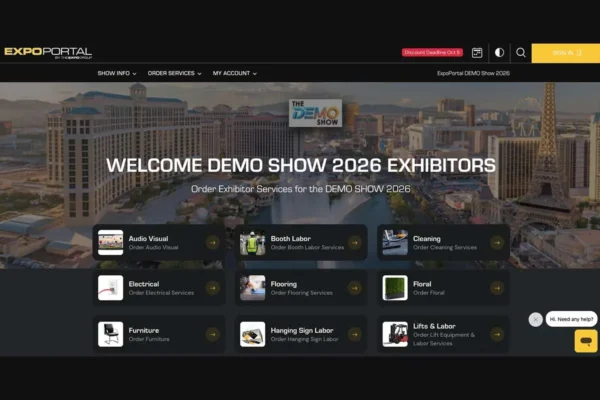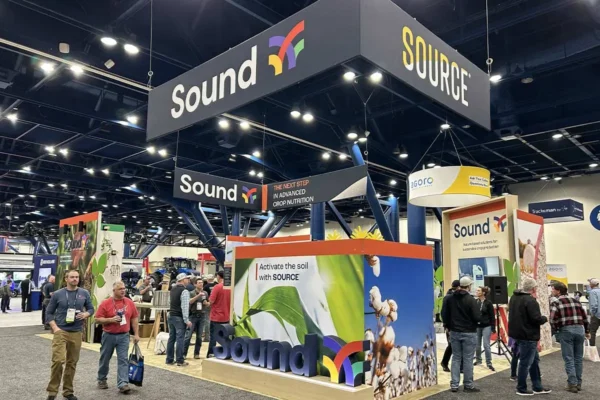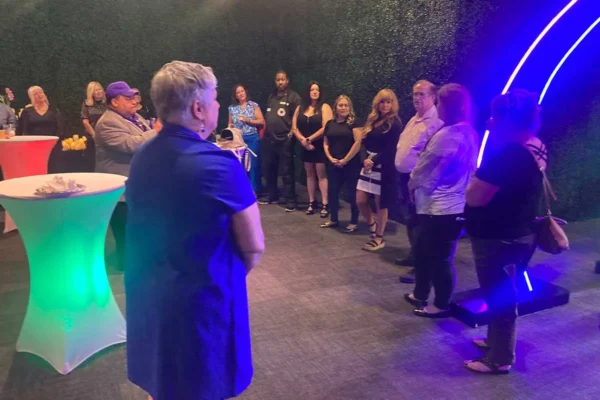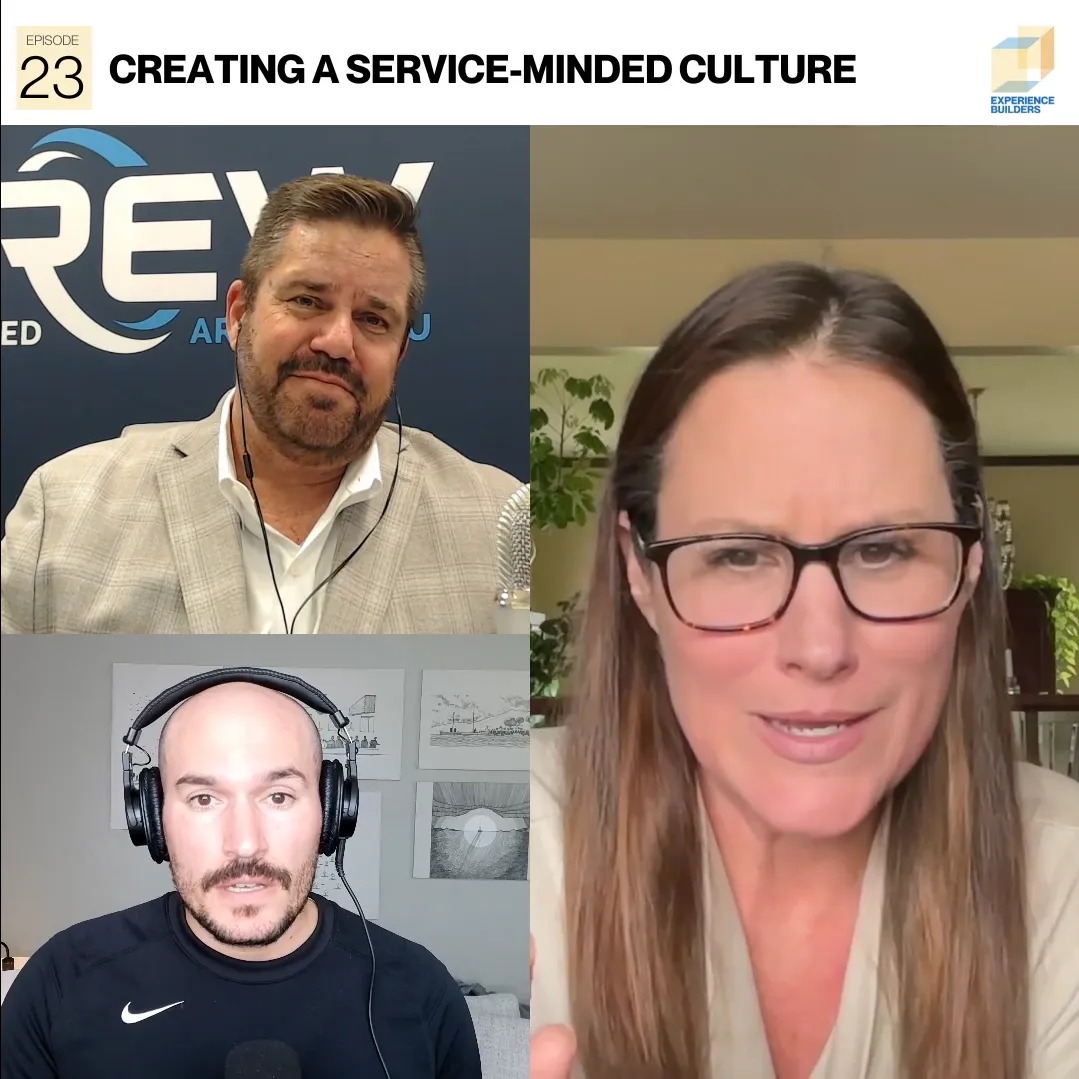The Virtual Edge Institute (VEI) and ROI of Engagement announced the second report in a multi-year study into the effectiveness of hybrid events. The “Measuring and Maximizing the Impact of a Hybrid Event” included responses from 247 attendees of the Virtual Edge Summit 2011, the event on digital solutions.
In addition to evaluating Level One (Reaction and Satisfaction) and Level Two (Learning and Understanding) of attendees according to the Phillips ROI Methodology, the survey revealed why people attend in-person events versus remote events, generational influences regarding virtual technology, and the benefits of virtual over time.
According to the survey, there were distinct differences in why a person attended in-person versus remotely. Common themes for in-person attendance were the ability to expand their network (43 percent); personal interaction with presenters or attendees (41 percent); learn better in person (30 percent); and build deeper relationships with network (26 percent).
For remote attendees, the common themes focused on cost savings (56 percent); time savings (52 percent); attend the sessions that they want (40 percent); and try a virtual event (37 percent).
Furthermore, if no virtual option was available, 93 percent of virtual attendees would not attend the in-person event, whereas 78 percent of in person attendees would attend a virtual option.
For those who did attend virtually in 2010, VEI determined 18 percent of virtual attendees attended in-person in 2011. In a separate poll of those attendees, 82 percent indicated that attending virtually was “very helpful” in making the decision to attend the 2011 Summit and all respondents indicated attending virtually was “helpful.”
“The survey results provide great insight into the motivations behind why people attend an event in person or virtually, underscoring the intrinsic value of a virtual option itself for attendees,” said Michael Doyle, executive director of VEI. “Not only can a hybrid event extend your reach, but as we’ve seen with Cisco Live in the past, and now with this case study, it can also drive virtual attendees to attend an in-person event in the future.”
When responses were filtered by generation, the survey revealed that average ratings were similar across generations, averaging 3.86 on a five-point scale for Boomers (born 1946-1964), 3.73 for Gen X’ers (born 1965-1981) and 3.83 for Millennials (born 1982 to present).
The most noteworthy difference was that Millennials ranked the following statements highly, appearing to support that Millennials are increasingly becoming advocates of virtual technology solutions.
- I am more confident that virtual solutions can accomplish business objectives.
- am more confident that my audience will benefit from virtual experiences.
- I have more trust in virtual technology platforms available today.
- I am more excited about the future of virtual experiences.
“A common misconception is that younger generations are more comfortable with and adopt new technologies more quickly. But this was not true in our study,” said Todd Hanson, president and founder of Catalyst Performance Group and ROI of Engagement. “With the proliferation of technology for day-to-day work, workers across all generations are comfortable attending events remotely, which bodes well for the growth of online meeting and events.”
| Home |
| People on the Move |
| National News |
| International News |
| Opinions |
| Tradeshow Calendar |





























